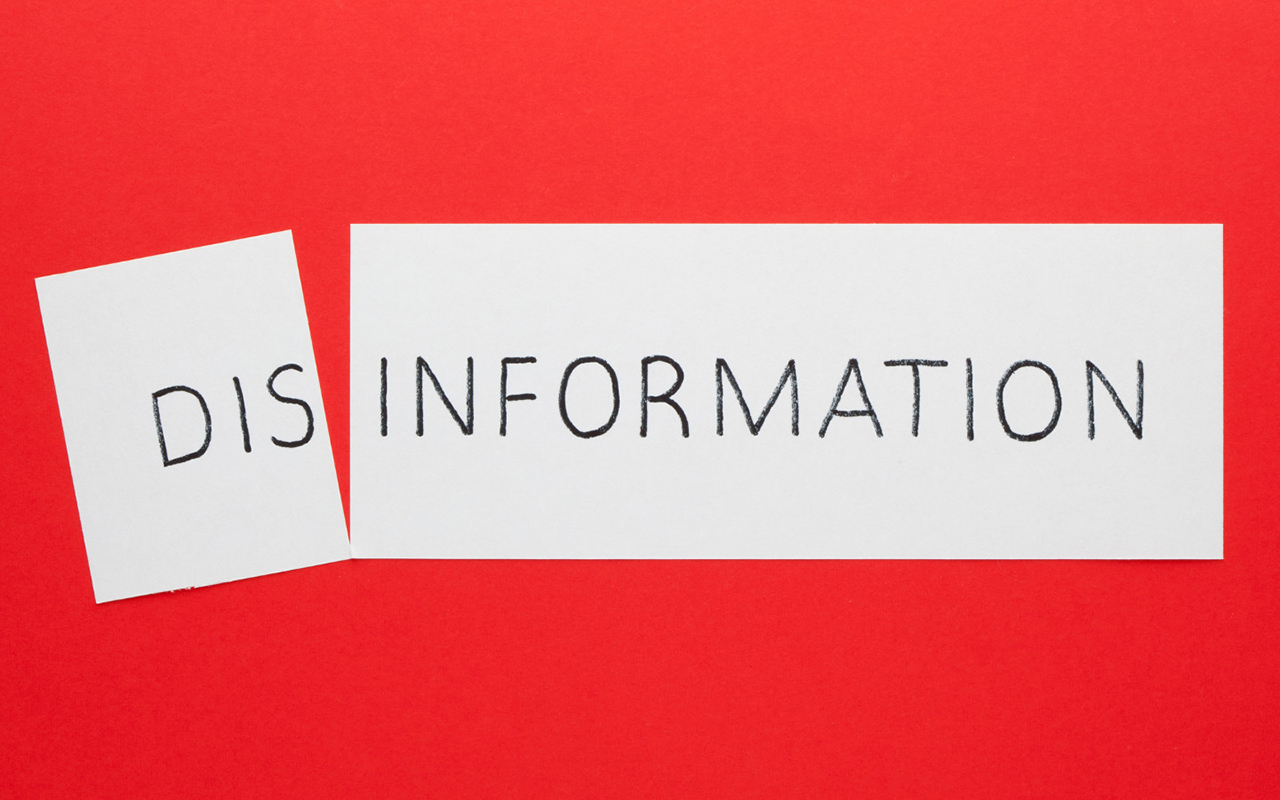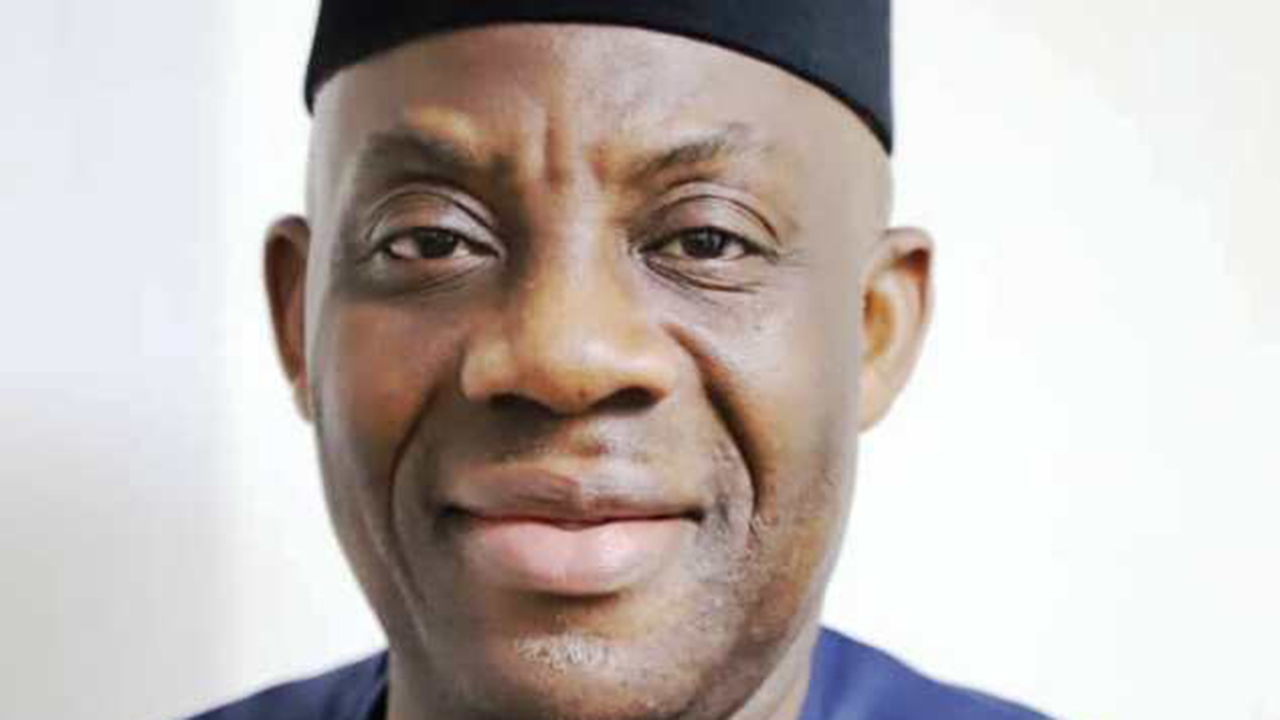Indeed, the ideal of the open society must be managed through the deployment of information to navigate the perils of authoritarian government. Claude Shannon, the American mathematician, insists that “information is the resolution of uncertainty.” And he is right.
However, information is power to the extent that it can be manipulated and distorted to suit purposes and objectives that are less than wholesome in political and bureaucratic terms. This is the essence of fake news; the dynamics of misinformation and disinformation.
This is exactly the message Edward de Bono, the Maltese physician, was trying to convey: “There’s a danger in the internet and social media. The notion that information is enough, that more and more information is enough, that you don’t have to think, you just have to get more information—the more it gets very dangerous.” While misinformation is getting the facts wrong, disinformation is an act arising from a deliberate distortion of the facts.
How does the social media and the danger of disinformation work within a postcolonial context of democratic governance and bureaucratic responsibility like Nigeria? This is a key question that links the social media and its utility to the larger issues of nation-building, development administration and governance.
How, for instance, does disinformation compromise the capacity of the bureaucracy in Nigeria to deliver optimal functionality that backstops the government’s search for performance and productivity? In a country as heterogeneous and plurally divisive as Nigeria, the feature of the bureaucracy as a neutral arbiter of policy design and implementation becomes very cogent.
A democratic government does not want to be perceived as being favorable to one ethnic or religious groups over the others. In other word, the bureaucracy is supposed to act as the mechanism by which the government reach all ethnic constituencies with the dividends of goof governance.
Disinformation erodes the capacity of Nigerians to relate with the bureaucracy as an apparatus that is unbiased and efficient. In other words, apart from the increasing distrust that millions of Nigerians have against the civil service as a result of many years of terrible experiences—at the hand of the police, tax officials, licensing office, immigration and custom officials, ministries, departments and agencies, etc.—the social media has now provided a space for the explosion of disaffection against the public service. And this constitutes the hotbed for sowing misinformation and disinformation that further undermines whatever reform gains the civil service might be enjoying.
One way to see this, within the Nigerian context, is to connect the non-optimal performance of the bureaucracy with the spread of misinformation, for example. This is significant because the bureaucracy is the focal point of government’s governance and policy frameworks upon which the well-being of Nigerians is grounded. In Nigeria, and for over six decades, Nigeria has been struggling with national integration that is conditioned by a lack of development strategy that would have unite Nigerians around infrastructural development and the Nigeria Project.
To concede, consecutive Nigerian governments have ardently pushed administrative and governance reforms that have kept the performance and productivity of the civil service in focus. However, the civil service is still much less than what it takes to be a world-class institution that is efficiently and effectively meeting the needs of Nigerians. Misinformation and disinformation spread within the cracks of inefficiency of the public service.
Given that Nigeria is heterogeneous and politically combustible, the political intrigues and shenanigans plays on the dynamics of fake news ecosystem to undermine the government of the day, its public service apparatuses and its governance architecture.
On the other hand, however, and quite unfortunately, fake news and disinformation might also become an instrument in the hand of the civil service itself, in terms of deflecting attention away from its bureaucratic burden that has undermine national development. This seems logical given that the civil service in Nigeria, for instance, and in many states across the world, has become a great rock in the tideline—the euphemism for saying it has been taken over by a bureaucratic culture that stifles efficiency and effectiveness, and undermine performance and productivity. And given the current discourse on the capacity of the civil service to reform itself, it would seem pragmatic for the civil service to buy into the fake news ecosystem as a strategy.
In the long run, the fake news ecosystem constitutes another layer of institutional burden that aggravates the predicament of public administration in postcolonial Nigeria. It has become a vicious circle in the sense that the digital and media technologies and the new media, especially the social media, further compromises the bureaucracy’s participation in the entrenchment of underdevelopment in Nigeria. When disinformation and misinformation spread, they serve as the vectors of the ineffectiveness of the public service in the first place.
A different discussion about fake news will emerge if, in the first place, the civil and public service are delivering the dividends of democratic governance.
My mission therefore, as next step, is to initiate a multi-level conversation to underpin seminal interrogation of what all of these conjunction of threat, challenge sand opportunities present and portent as policy intelligence and windows for innovation; one that the administrative leadership in the saddle should take on as we position the civil service and the entire public administration system to backstop Nigeria’s journey through the stormy weather of the fourth and fifth industrial revolution that are already here with us, and unfolding relentlessly.
Concluded.
Olaopa is Professor of Public Administration and Chairman, Federal Civil Service Commission, Abuja.






